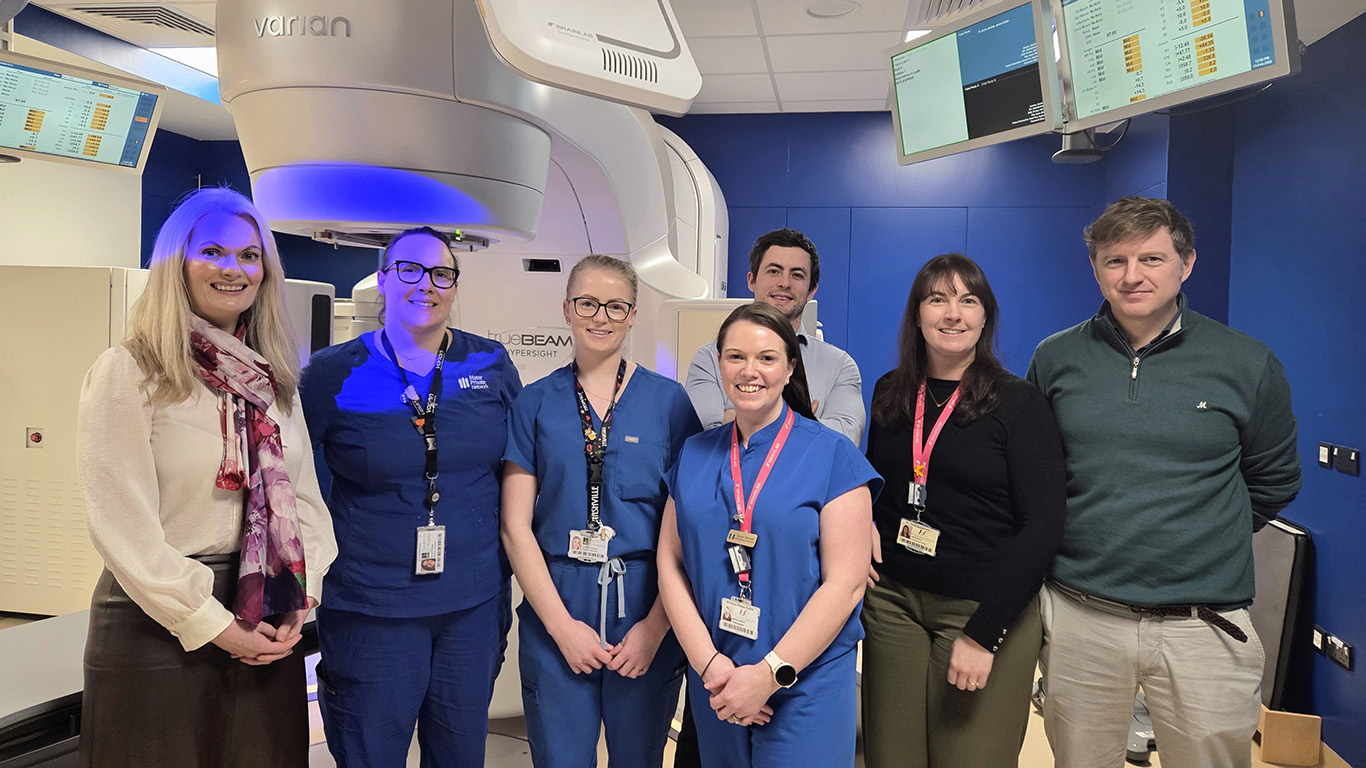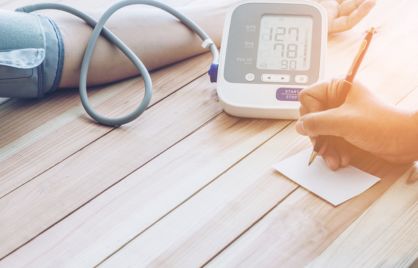22nd September 2025
What You Should Know About High Blood Pressure: Expert Corner with Dr. JJ Coughlan
High blood pressure, also known as hypertension, occurs when the force of your blood pushing against your artery walls is consistently too high. Your heart pumps blood throughout your body, and when this pressure is elevated, it can lead to serious health complications. A non-elevated blood pressure reading falls between 90/60mmHg and 120/80mmHg, while hypertension is classified as 140/90mmHg or higher.
Over time, excessive pressure on your arteries can damage blood vessels and organs. If left untreated, high blood pressure increases your risk of cardiovascular disease, stroke, vision loss, and other conditions. As high blood pressure oftentimes does not present with any symptoms, it is crucial to get your blood pressure checked regularly to allow for early detection and treatment.
.jpg?sfvrsn=103df161_0)
Why is high blood pressure the silent killer?
High blood pressure is sometimes referred to as the “silent killer” as most people with hypertension do not experience any symptoms and may not be aware they have it. Despite this, high blood pressure is extremely common and is an important risk factor and driver of cardiovascular disease. This is important because cardiovascular disease remains the number one cause of death worldwide.
The good news is that by identifying high blood pressure early on and receiving treatment, you can significantly reduce your risk of heart disease and improve your long-term health.
-(1).jpg?sfvrsn=3ab7d754_0)
What are the early warning signs of hypertension?
Oftentimes, hypertension does not present clinically with any symptoms, and this is one of the reasons why it is recommended to screen regularly for high blood pressure by measuring it at medical encounters. For example, when you go to visit your GP or in a pharmacy. If there is a concern that your blood pressure is elevated, it is often recommended to do a 24-hour blood pressure monitor, which can help to get a more accurate picture of your average readings throughout the day.
In some cases, when symptoms do appear, they may include:
- Fatigue
- Shortness of breath
- Headaches
- Blurred vision
- Dizziness
- Chest Pain
HeartCheck at Mater Private Network in Dublin
Our HeartCheck service is designed to give you valuable insights about your cardiovascular health. It will support you to understand your risk of heart disease and help to identify any existing or underlying issues that may need to be managed.
If you would like to book an appointment, please call us on 01 793 4744 or email heartcheck@materprivate.ie
A GP referral is not required for this service.
The above content was reviewed by Dr. JJ Coughlan, Consultant Cardiologist at Mater Private Network in Dublin.










.jpg?sfvrsn=5a81ae69_1)


